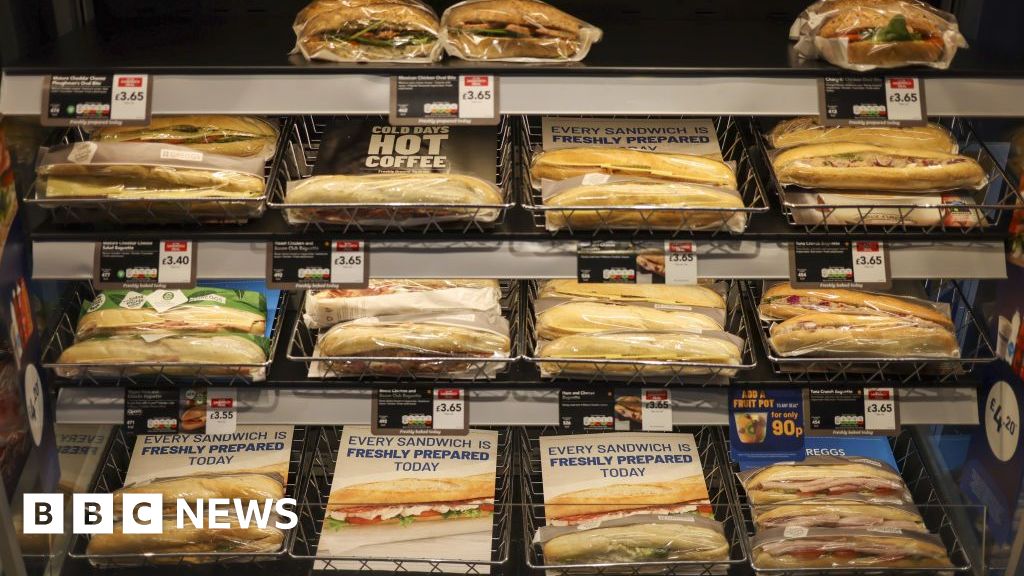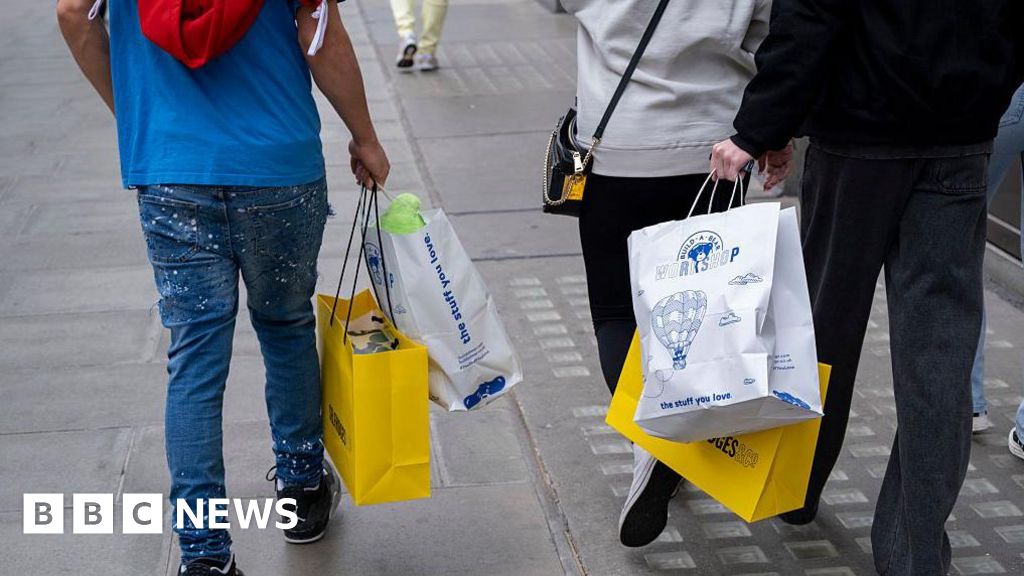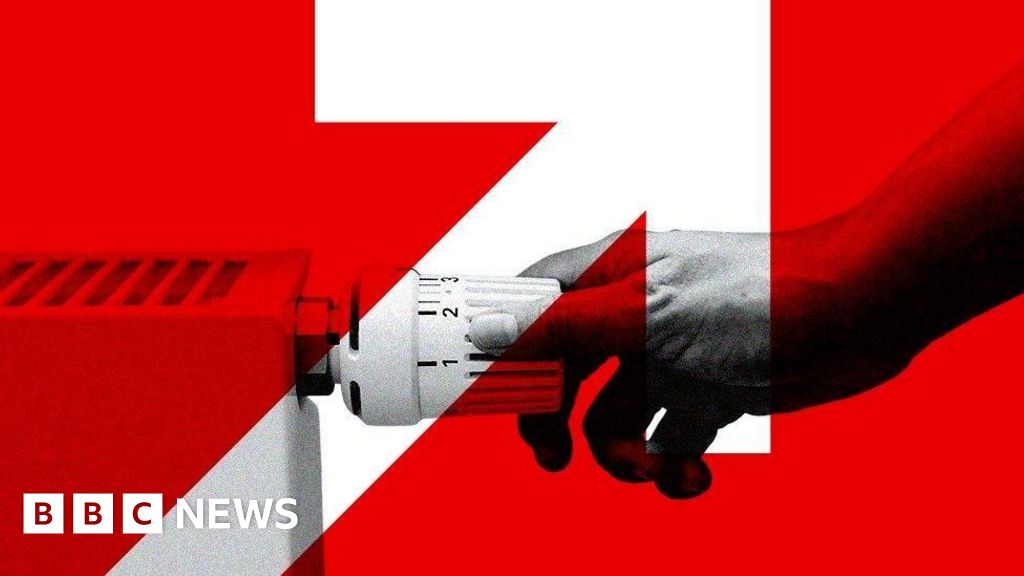ARTICLE AD BOX
 Image source, PA Media
Image source, PA Media
Energy regulator Ofgem says suppliers must be accurate with bills and deal quickly with mistakes, following a saga involving artist Sir Grayson Perry.
The Turner Prize-winning artist criticised EDF after receiving a stack of bills that added up to £39,000.
The company said that problems with bills could happen occasionally, but there were no fundamental, broader issues with how its system was working.
Ofgem said it would not hesitate to act if any suppliers were breaking rules.
Regular direct debit payments must be based on "the best and most current information available", according to suppliers' licence conditions.
Speaking to BBC Radio 4's Today programme, Sir Grayson said that he had "out of the blue" received about 15 bills from EDF and was told they would deduct the money by direct debit for all of those bills on the same day.
"I just thought it was so bizarre. I spent about three hours at least trying to get some sense out of a call centre, but you're talking to a computer really, so it was very frustrating," he said.
"They just would sort of say, 'well it says £39,000 - that's how much we're going to take.'"
He said the saga was an "interesting fable of the technological age", with a smart meter being installed at his country studio several years ago despite him warning there was no phone signal at the address.
Apologies
EDF said "unusual" direct debit changes could occur when incorrect meter readings were recorded on its system.
On average, it answers customer service calls within four minutes, and the company said that there was no wider, systematic problem.
"We know problems can sometimes occur for a variety of reasons and we apologise to customers who experience difficulties," a company spokesman said.
"When this happens, we look to put things right as quickly as possible. There is no broader issue with our systems and our direct debit processes continue to work as normal."
The company, which has 3.5 million customers, said it was in the process of moving residential and small business customers to a new customer service system, which was operating well.
Some customers reacted to Sir Grayson's situation by outlining their own issues on social media.
Other companies have suffered similar problems in the past. In May, Ovo apologised for "shortfalls in service" after customers were hit with bills of up to £116,000 for a month's energy.
Customers said their energy usage had been miscalculated after transferring to Ovo or after having a smart meter installed.
An Ofgem spokesman said the regulator had taken action on inaccurate direct debits.
"We have strengthened the rules around direct debits and earlier this year, we told suppliers to look at processes around them, which resulted in 900,000 customers having their payments reviewed and adjustments made for miscalculations," he said.
In recent years, millions of people have struggled to pay actual, correctly calculated bills owing to rising prices. Charities say that many have been forced to borrow money to pay essential bills.
Have you received a very high energy bill? Share your experiences by emailing haveyoursay@bbc.co.uk.
Please include a contact number if you are willing to speak to a BBC journalist. You can also get in touch in the following ways:
If you are reading this page and can't see the form you will need to visit the mobile version of the BBC website to submit your question or comment or you can email us at HaveYourSay@bbc.co.uk. Please include your name, age and location with any submission.
What can I do if I can't afford my energy bill?
- Check your direct debit: Your monthly payment is based on your estimated energy use for the year. Your supplier can reduce your bill if your actual use is less than the estimation.
- Pay what you can: If you can't meet your direct debit or quarterly payments, ask your supplier for an "able to pay plan" based on what you can afford.
- Claim what you are entitled to: Check you are claiming all the benefits you can. The independent MoneyHelper website has a useful guide.

 1 year ago
40
1 year ago
40








 English (US) ·
English (US) ·